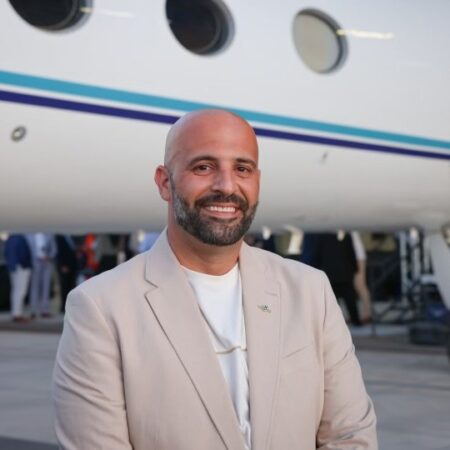FBO One is an online service for managing FBOs, and it used at over 120 airport locations on all continents around the world, and processes over 360,000 arrivals and departures per year.
Ries Vriend, CEO of Amsterdam Software – FBO One, discusses potential changes to regulation surrounding FBO pricing transparency in the USA.
More so than in private aviation, many service industries have already gone through a rapid structural transformation. Middlemen such as travel agents have been replaced by direct online and mobile booking platforms. Customers expect real-time online ordering and progress updates at their fingertips.
This trend puts pressure on the margins of FBOs, which not only provide in-house services such as fuel, but also arrange third-party services such as immigration, crew hotels, catering and ground transport.
Customers are more and more likely to optimize their costs by bypassing the FBO and use an online booking platform instead. Similarly, when looking for FBO services, I expect that customers will soon default to booking on a global cross-industry booking platform. This happened in the hotel industry, and I cannot think of an argument why a customer would not expect the same experience when booking FBO services.
Other trends that will soon impact FBOs and their service portfolio will be self-driving cars and auto-piloted aircraft. In Dubai, a drone-operated ‘flying taxi service’ is already there. Passengers that want low-cost private transport from A to B will soon be able to book and track their trip directly from their mobile devices.
Today it’s an Uber taxi service, tomorrow it’s a cross country trip that takes you from your doorstep in a self-driving car to an FBO, where a drone will fly you to another city where a self-driving car is ready to take you to your final destination.
These will all be provided at low cost because the drivers, pilots and booking agents have all been virtualized. What remains are stewards and stewardesses, both at the FBO and in flight.
This puts the FBO under pressure to really optimize its in-house services, such as lounges, safety procedures, meet-and-greet, and aircraft services. People will expect to pay appropriately for each of those services individually. Online reviews and ratings on each of those service will enable the client to pick each service with trust.
So, should public access and transparent pricing be introduced by the government? I think the government can stay out of this discussion. The internet and passengers will drive the industry toward eliminating any overhead that hides under the rocks of price discovery.
FBOs can prepare for this trend by automating information flow, optimizing their in-house service portfolio, and enabling real-time, bi-directional communication with their ultimate client – the passenger.
November 10, 2017




